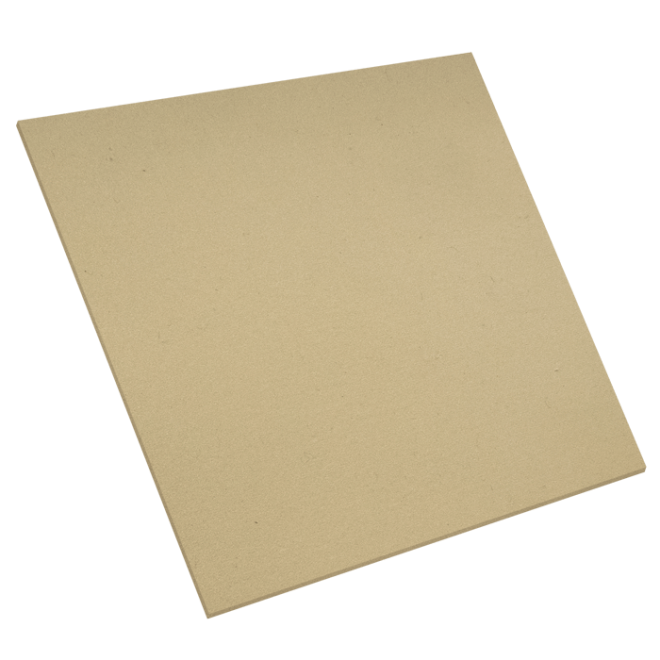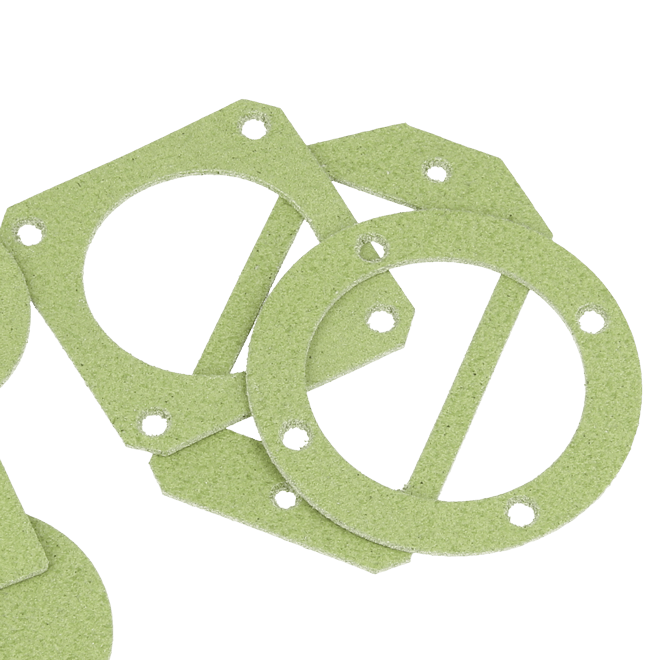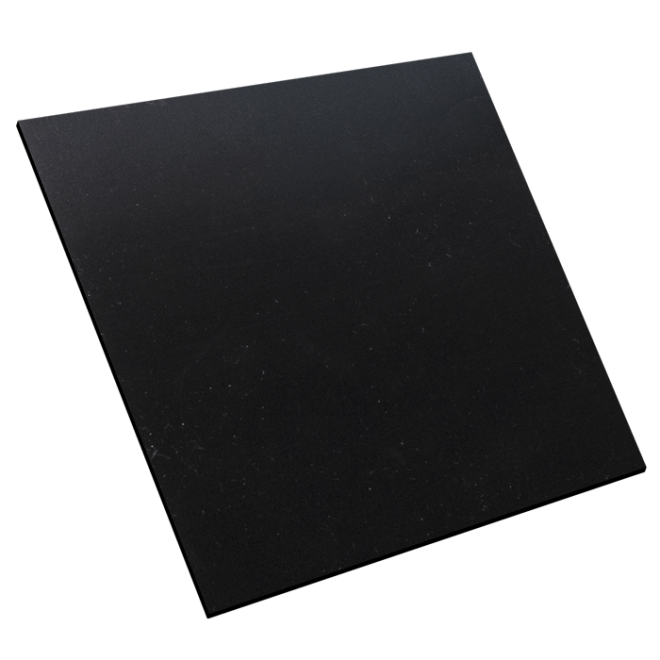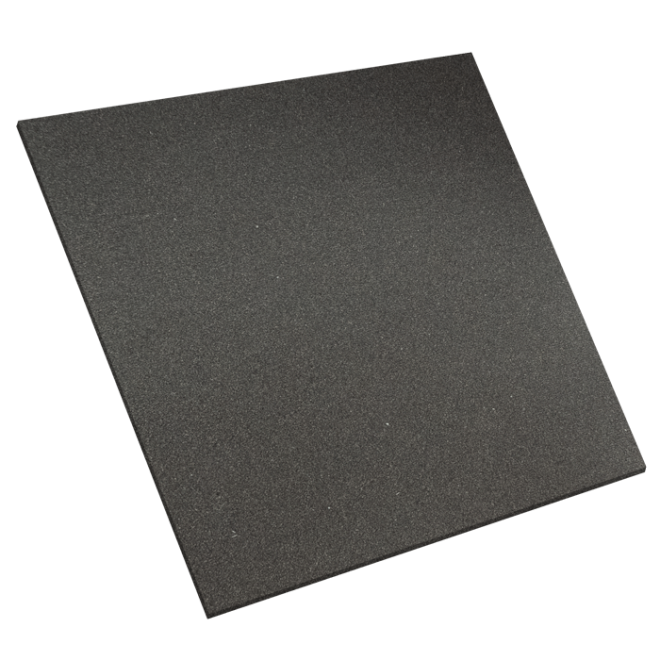- Contact Us
- |
- Jobs
- |
- About Us
- |
- |
-
- Personal information
- Organization
- Quotes
- Address book
- Login
- Don't have an account? Sign-up
Silver plated aluminum conductive rubber sheet
- Home
- Conductive foam, rubber & sheets
- Conductive sheets
- Silver plated aluminum conductive rubber sheet
The rubber is made conductive by incorporating small conductive metal particles throughout the material. It can provide an EMI-proof and watertight seal in narrow constructions. The material used to produce EMI shielding gaskets or electrically conductive silicone rubber components by extrusion and is particularly suitable for the economical production of large series of extruded gaskets or moulded parts to produce low cost EMI shielding components.
Electrically conductive rubbers are typically used for EMI applications. Also used for EMP protection, wave-guide applications and against static electricity. For military and aerospace applications, often call for silver plated aluminium (Part number 5750S) to meet Mil-G-83528C specifications. In military or aerospace, fluorosilicone versions may also be used due to their chemical and fuel resistance.
As the material shields high frequencies, electrically conductive rubber shows a shielding effect of 60 dB at 30MHz ~ 10GHz. Due to its excellent conductivity, grounding and EMI shielding effect, it is well suited for military communications equipment. The rubber can be manufactured in various shapes such as sheets, moulded parts, die-cut, strips, o-rings, etc.
Technical properties
| Part number | 5750S silver plated aluminium |
|---|---|
| Filler | Ag/Al |
| Base polymer | Silicone |
| Sheet dimensions | 610 x 660 mm For thickness below 1 mm, max sheet size will be smaller. |
| Elongation, %, min. | 90 |
| Flame resistance, UL94 (horizontal) | HB |
| Flame resistance, UL94 (vertical) | V-0 |
| Volume resistance, ohms/cm (expression of conductivity) |
0.008 |
| Surface Resistance, Ω/sq | 2 |
| Operating temp. | +125 |
| Range (°C) | -55 |
| Colour | Dark tan |
| Shore Hardness (A +/-5) ASTM D2240 | 65 |
| Volume Resistivity (ohms) ASTM D991 | 0.005 |
| Shore A (1 mm thickness) | 73 |
| Shore A (2 mm thickness) | 70 |
| Tensile strength. psi, min. | 90 |
Benefits
- Excellent conductivity on the entire surface
- Excellent electromagnetic shielding effect
- Easy die-cutting, kiss-cutting and slitting
- Temperature ranges of -60 to +185°C
(under certain circumstances, tolerance can be up to 220°C
Available thickness
| Ag/Al Silicone conductive rubber (silver plated aluminium) 5750S |
|
|---|---|
| Thickness (mm) | 0.3, 0.5, 1.0, 1.2, 1.5, 1.7, 2.0, 2.5, 3.0 |
Electrically conductive rubber
is available as
- Rubber profiles
- Molded parts
- Die-cut or flash cut
Special materials (on request)
These conductive rubber sheets are also available in special materials for special applications, for example applications with chemicals. Below is a list of special materials. For availability and delivery please contact us.
- Silicone Carbon
- Fluorosilicone Nickel Graphite
- Silicone Nickel Graphite Flame Retardant
- Silicone Silver Aluminium
- Fluorosilicone Silver Aluminium
- Fluorosilicone Nickel
- Silver Plated Nickel
- Silvered Glass
- EPDM (thickness 1 mm)
- Silver copper silicone conductive rubber
Shielding performance
Please note : These values are measured under laboratory conditions. Results may vary in other situations; please read our Guarantee.
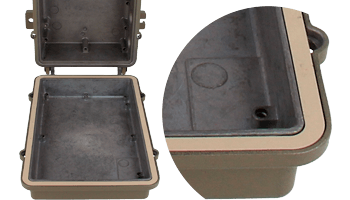
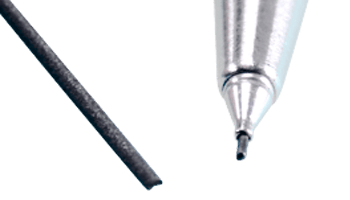
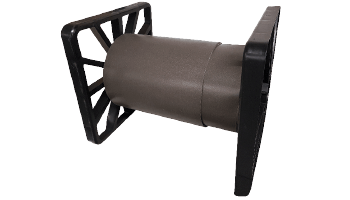
Conductive adhesive information (Conductive PSA)
| Property | Unit | Outcome | Test method |
|---|---|---|---|
| Surface resistance | Ω/sq | <0.10 | MIL-DTL-83528C |
| Adhesive strength | G/25mm | 850 | ASTM D 3330 |
| Conductive PSA | - | Acrylic + Ni | - |
| Liner | - | Paper, Film | - |
| Please note: Conductive adhesive is optional. By default, these Conductive rubber gaskets are supplied without adhesive. | |||
What questions need to be answered to select the right material?
- What is the approximate shielding effectiveness you need to achieve for your application?
- What environment will this material be exposed to? Does the rubber need to be solvent or fuel resistant (fluorosilicone)?
- Are you looking for a semi-conductive/static dissipating material or is this a true EMI/RFI shielding application?
